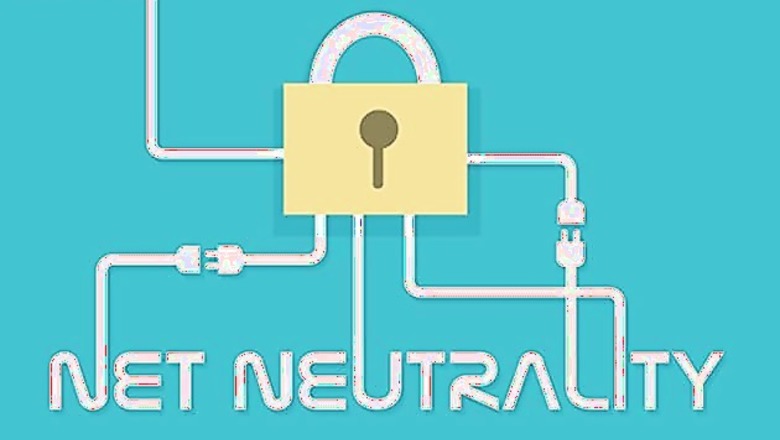
views
Net neutrality is the hot topic of discussion on the Indian Internet and also in the traditional media. While the Telecom Regulatory Authority of India (TRAI) is seeking inputs on how to define the regulations to govern Internet access in India, in February this year the US Federal Communications Commission (FCC) had passed a set of new Internet traffic rules upholding the principle of net neutrality - that online content be allowed to load at the same speed.
The FCC rules forbid paid fast lanes favouring some content and say broadband providers can't slow Web traffic or block content.
The rules were published on Monday in the US government's Federal Register and the FTC has set strong rules to protect consumers from past and future tactics that threaten the open Internet and has identified three specific practices and bans each of them, applying the same rules to both fixed and mobile broadband Internet access service.
Excerpts from how FCC describes the three threats to net neutrality in its 'Protecting and Promotiong the Open Internet' rules:
No Blocking. Consumers who subscribe to a retail broadband Internet access service must get what they have paid for-access to all (lawful) destinations on the Internet.
A person engaged in the provision of broadband Internet access service, insofar as such person is so engaged, shall not block lawful content, applications, services, or non-harmful devices, subject to reasonable network management.
No Throttling. A person engaged in the provision of broadband Internet access service, insofar as such person is so engaged, shall not impair or degrade lawful Internet traffic on the basis of Internet content, application, or service, or use of a non-harmful device, subject to reasonable network management.
The ban on throttling is necessary both to fulfill the reasonable expectations of a customer who signs up for a broadband service that promises access to all of the lawful Internet, and to avoid gamesmanship designed to avoid the no-blocking rule by, for example, rendering an application effectively, but not technically, unusable. It prohibits the degrading of Internet traffic based on source, destination, or content. (To be clear, the protections of the no-blocking and no-throttling rules apply to particular classes of applications, content and services as well as particular applications, content, and services.) It also specifically prohibits conduct that singles out content competing with a broadband provider's business model.
No Paid Prioritisation. Paid prioritisation occurs when a broadband provider accepts payment (monetary or otherwise) to manage its network in a way that benefits particular content, applications, services, or devices.
A person engaged in the provision of broadband Internet access service, insofar as such person is so engaged, shall not engage in paid prioritisation. "Paid prioritisation" refers to the management of a broadband provider's network to directly or indirectly favour some traffic over other traffic, including through use of techniques such as traffic shaping, prioritisation, resource reservation, or other forms of preferential traffic management, either (a) in exchange for consideration (monetary or otherwise) from a third party, or (b) to benefit an affiliated entity. (Unlike the no-blocking and no-throttling rules, there is no "reasonable network management" exception to the paid prioritisation rule because paid prioritization is inherently a business practice rather than a network management practice.)














Comments
0 comment